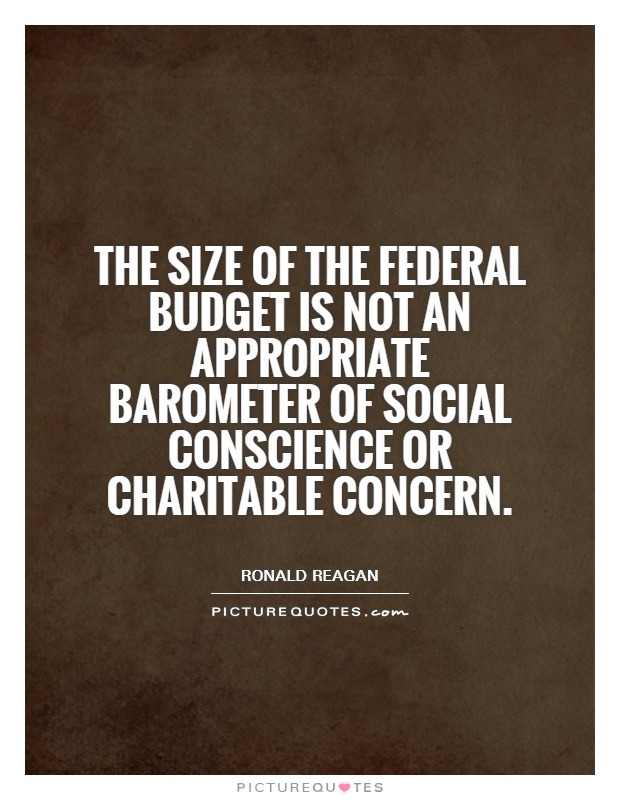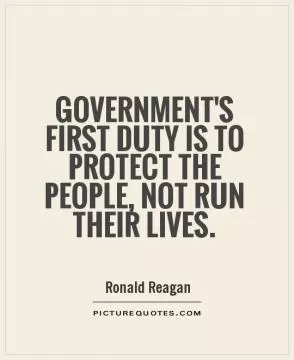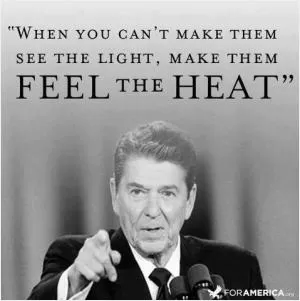The size of the Federal budget is not an appropriate barometer of social conscience or charitable concern

The size of the Federal budget is not an appropriate barometer of social conscience or charitable concern
During his presidency, Ronald Reagan was known for his conservative fiscal policies, which often included significant cuts to social welfare programs and government spending. Reagan famously stated that "government is not the solution to our problem, government is the problem," and he believed in reducing the size and scope of the federal government.One of the key arguments made by Reagan and his supporters was that the size of the federal budget is not an appropriate barometer of social conscience or charitable concern. Reagan believed that individuals and private organizations, rather than the government, should take the lead in addressing social issues and providing assistance to those in need. He often spoke about the importance of personal responsibility and self-reliance, and he believed that government programs often created dependency and stifled individual initiative.
Reagan's policies reflected his belief that a smaller government and lower taxes would lead to economic growth and prosperity for all Americans. He believed that by reducing government spending and regulations, individuals and businesses would have more freedom to innovate and create wealth, which would ultimately benefit society as a whole.
Critics of Reagan's policies, however, argued that his emphasis on reducing government spending disproportionately affected the most vulnerable members of society. They pointed to cuts in social welfare programs, such as food stamps and housing assistance, as evidence that Reagan's policies were not in line with social conscience or charitable concern.
Despite these criticisms, Reagan's presidency was marked by significant economic growth and a reduction in inflation and unemployment. His supporters argue that his policies laid the foundation for the economic prosperity of the 1990s and beyond.












 Friendship Quotes
Friendship Quotes Love Quotes
Love Quotes Life Quotes
Life Quotes Funny Quotes
Funny Quotes Motivational Quotes
Motivational Quotes Inspirational Quotes
Inspirational Quotes